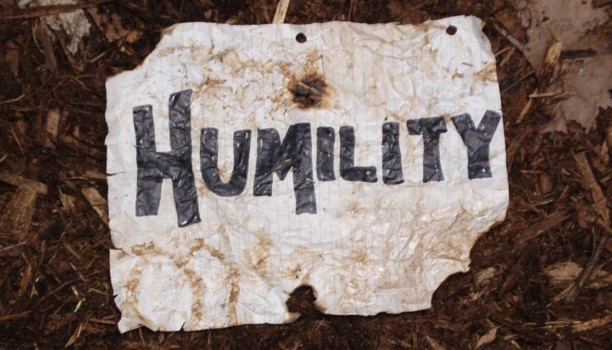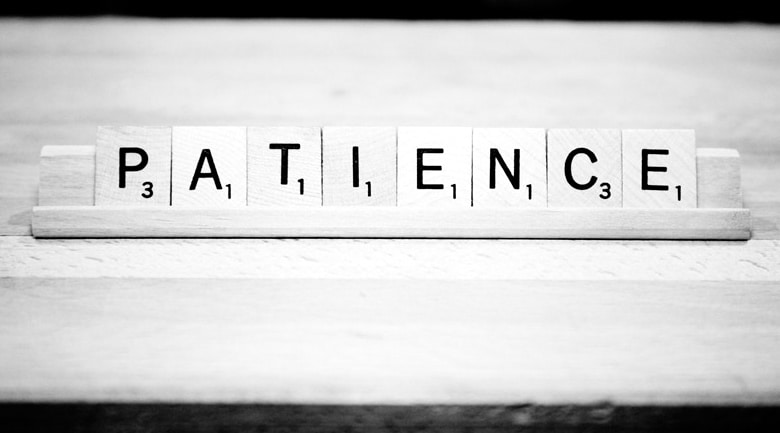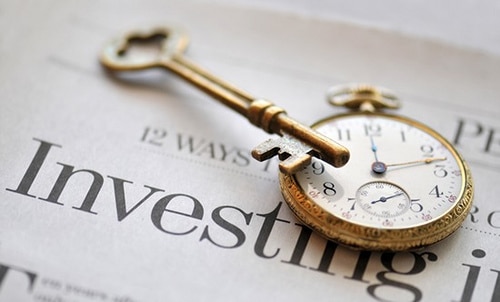Intelligence alone will not secure long-term investment success. Quick minds tend to get overconfident and impetuous – setting the stage for what psychology dubs “expert error”. Cocky, nervous energy can destroy wealth in the long run. After all, lots of dumb things in life get done in a hurry. Always swinging the bat at the first pitch usually leads to an “out”.
Moreover, easy success can breed and reinforce dangerous attitudes. Please recall that the stock market has seen friendly up-swings for twenty years at a time! All have looked smart, with some imagining they are. How vital to avoid the unchallenged “extrapolation error” inherent to many self-congratulatory trajectories!


Second, a patient attitude reminds one that market pricing often needs time to catch up with the business progress of his holdings. It is rashness to expect INSTANT market appreciation in equity selections, just as it would be for a farmer to demand an “instant harvest” mere days after sowing seed. History proves that, given enough time, chances in market declines to acquire great businesses that eventually reward shareholders will, indeed, show themselves.
In short, for investment success, one could be more temperamentally equipped to humbly and patiently ‘look’ foolish or inactive for a couple of years at a stretch to gain meaningful long-term results. Appearing foolish is tolerable – as long as one does not behave foolishly.
Career pressures on Wall Street may not allow the ‘pros’ these dispositions. It may very well turn out that humility and patience can imbue a large, insurmountable competitive edge over the pros in pursuing investments. They may try to do too much, too fast. Wise investors, however, will modestly do what few things they understand when circumstances permit. And that could be the difference between investment failure and investment success.
Written by: Brad Miller





